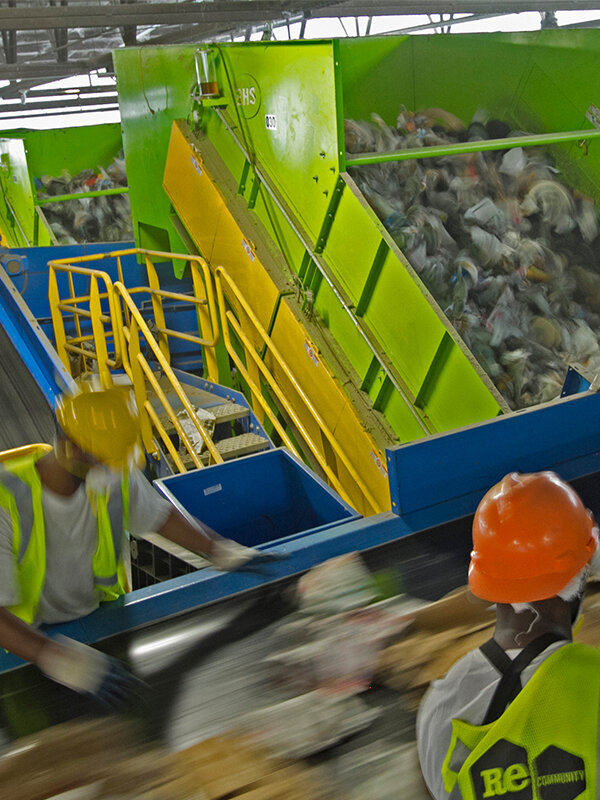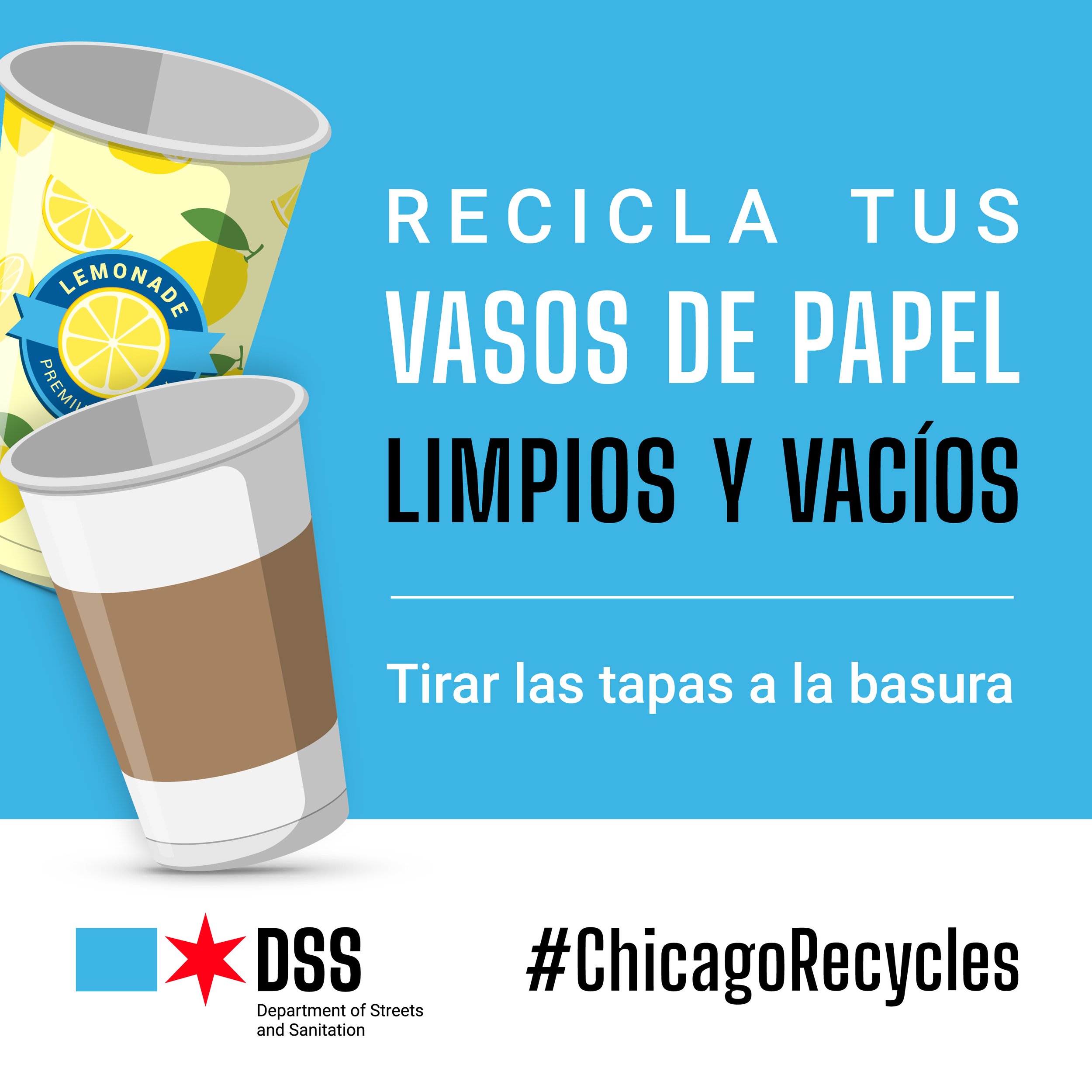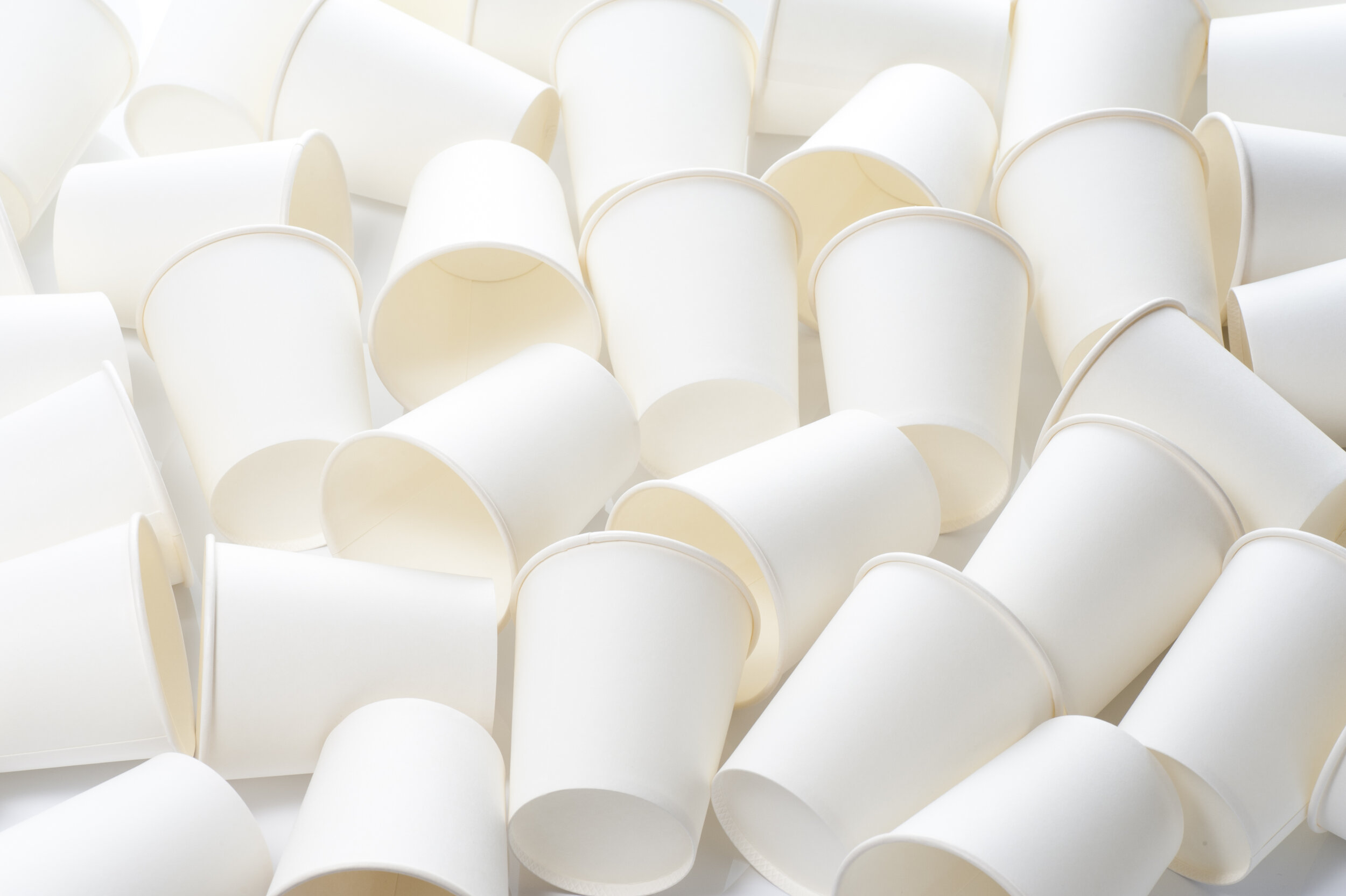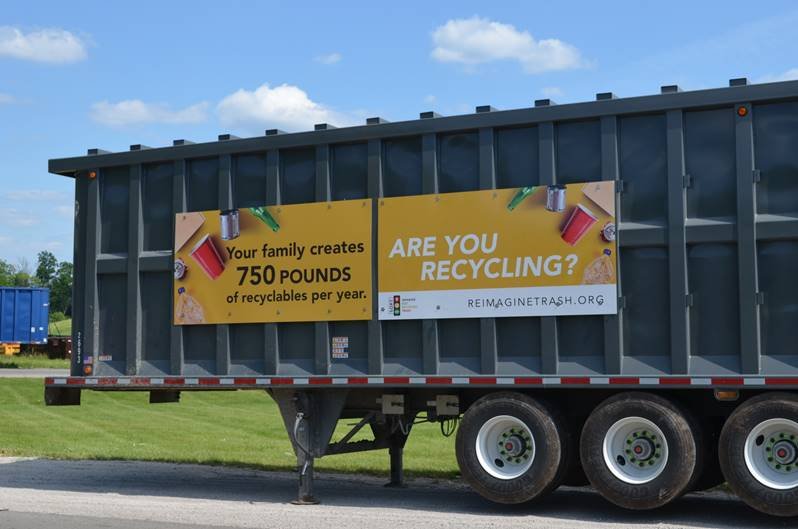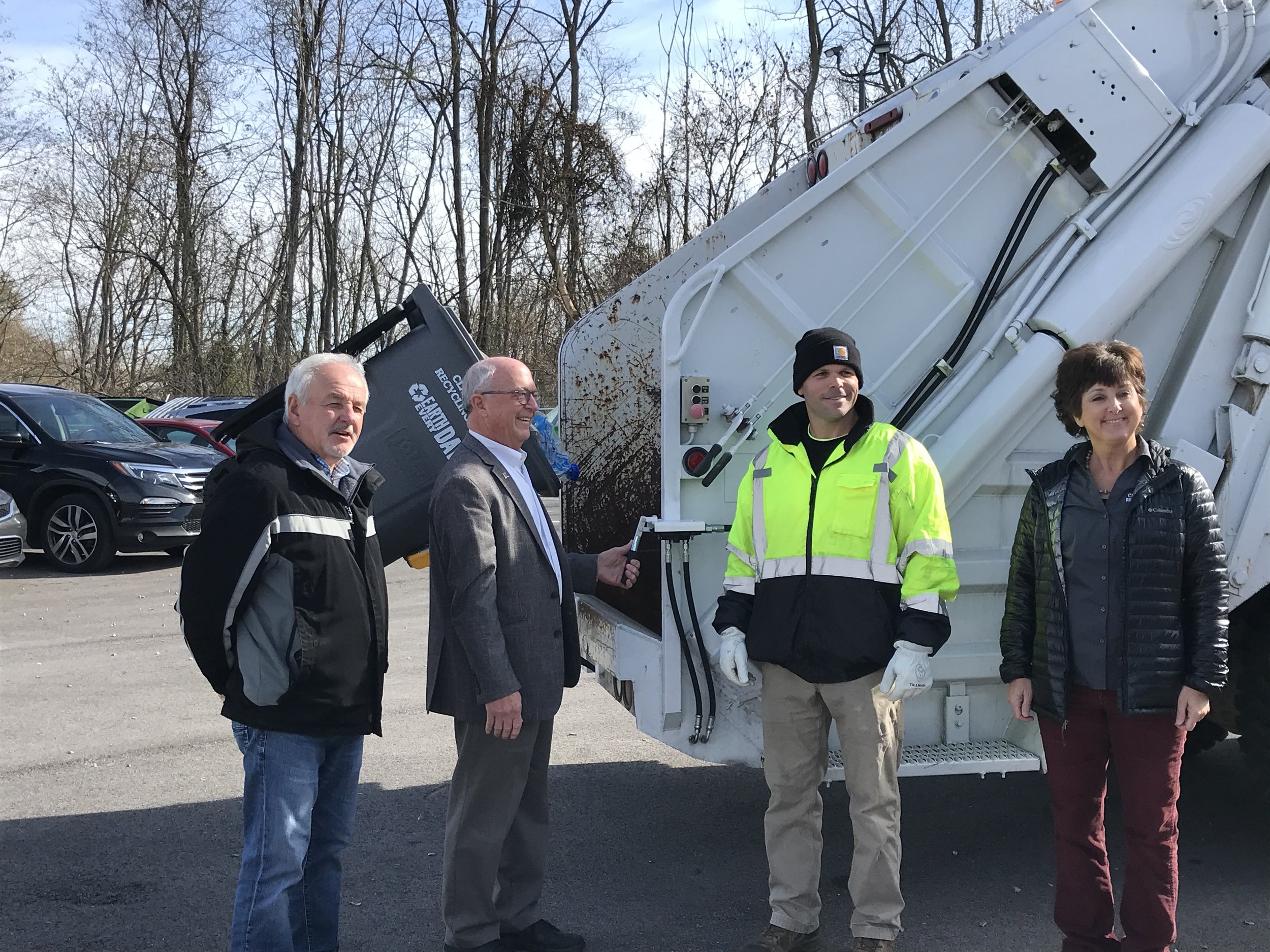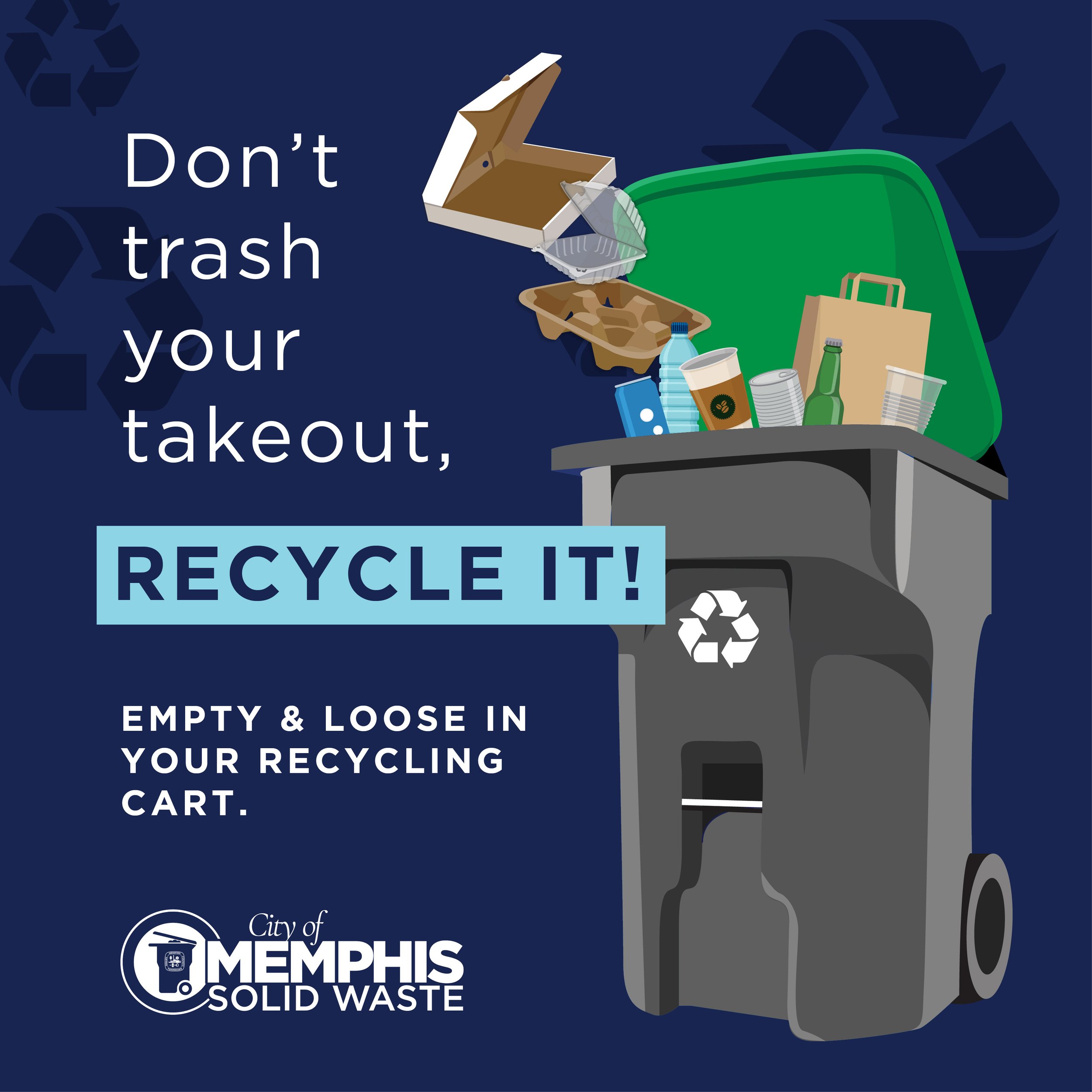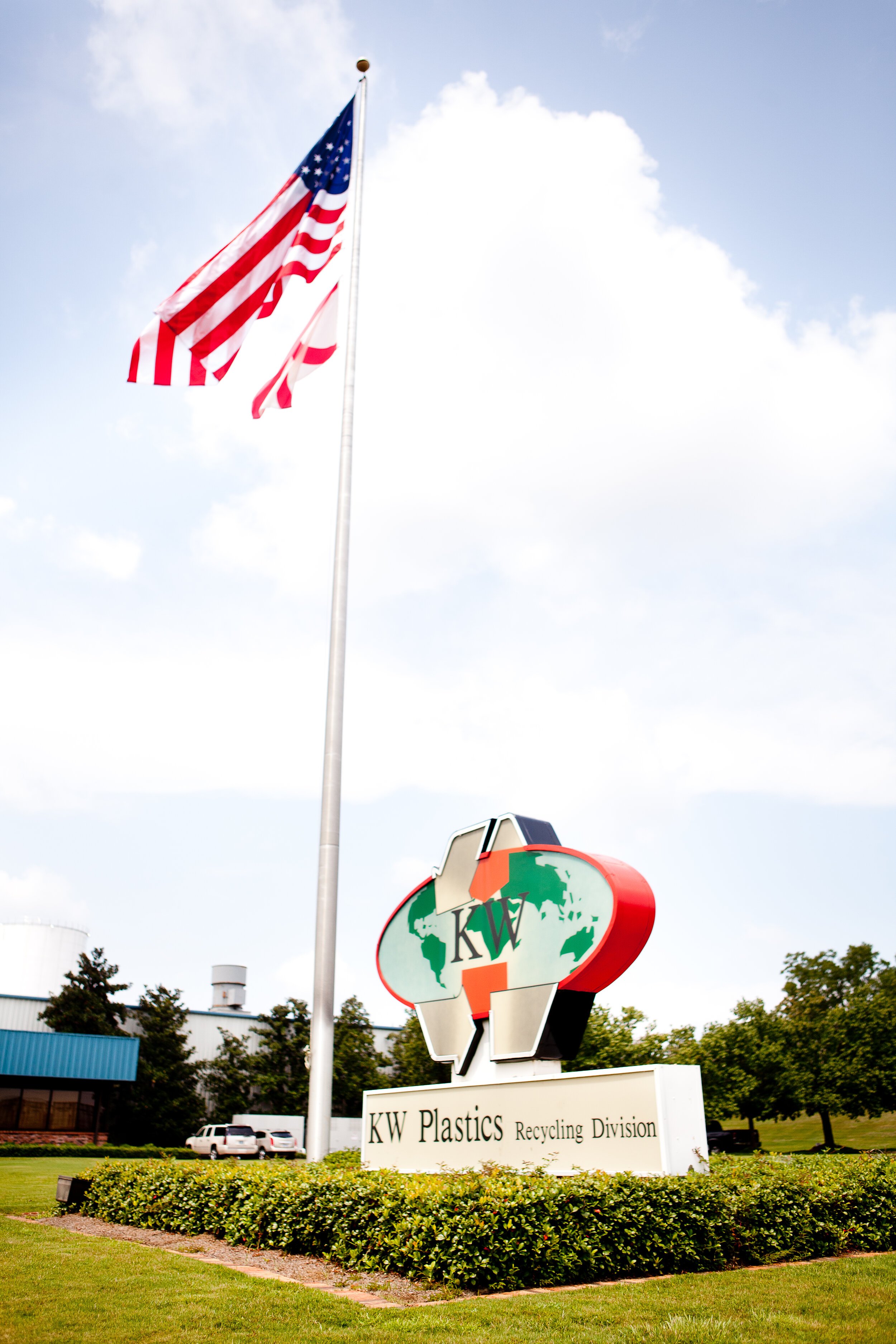ReCommunity | Ann Arbor, MI
Background
Ann Arbor, Michigan is a forward-thinking city that wants to reduce its waste! The city’s passion for waste reduction is the driver for much of its continued development in the recycling arena.
The goal of the city’s current five-year plan is to get homeowners' diversion rates to 60 percent and raise the overall recycling rate to 40 percent, by 2017. A large part of bringing up the overall recycling rate will be expanding commercial recycling to more than the 40 to 50 percent of businesses that it reached in early 2013. Toward this end, Ann Arbor’s City Council made recycling mandatory for businesses at the end of 2013.
Great partnerships between the city, which owns the materials recovery facility (MRF), ReCommunity, which operates the MRF, and Recycle Ann Arbor (RAA), a non-profit recycling group and the city’s recycling hauler, has helped Ann Arbor make progress toward all of these goals for many years. You could say that Ann Arbor was ahead of the curve when the city first started FSP recycling by accepting pizza boxes in the 1980's!
The MRF moved to a single stream operation in 2010, and began accepting thermoform food packaging at that time. The new equipment, including an optical sorter, made sorting plastic cups and clamshells possible, and the city was eager to add these items to serve the needs of the community and to be environmentally responsible. Including these items also helps the city reduce tipping fees to landfills
Because the city owns the MRF, it funds new equipment and new initiatives to increase recovery. If the MRF operator wants to add equipment or new materials, they work with the city. In each case, the city, its hauler and the MRF operator work together to accept the widest variety of items that make economic sense.
Challenges
From an overall perspective, Ann Arbor's Solid Waste Coordinator, Tom McMurtrie, shared that there haven’t been major challenges to date with the acceptance of foodservice packaging, either from a technical or marketing standpoint.
Tom sees a potential future challenge with compostable plastics, however. Compostable plastic items cannot be put in the composting cart or the recycling cart.
Tom is concerned that if Ann Arbor were to begin collecting compostable plastics in the composting cart, confusion may arise in the public’s mind regarding the correct cart for each resin type, which could increase contamination in both the recycling and compost streams.
ReCommunity's Angela Crase adds the following on FSP collection, "the only challenge is when significant amounts of food waste is left in or on these containers." She explains that contaminated items are pulled off the material sort line manually.
Foodservice Packaging Materials Accepted in Recycling Bin
Paper bags
Paper egg cartons
Pizza boxes
Plastic containers
Plastic cups
Not Accepted in Recycling Bin
Paper cups, plates, take-out containers and napkins (napkins and uncoated paper items may be placed in compost bins)
Plastic lids
EPS items
PLA items
Material comes into the MRF from curbside, depots and commercial collection. Volumes have not been tracked for specific FSP items or for FSP in general.
Solutions
To keep the recycling stream as clean as possible, Ann Arbor relies on education efforts from all parties. The city emphasizes removal of food waste in their recycling promotion and education program by always placing the word "clean" before foodservice items. One example is this wording from their new resident guide:
"All clean plastic bottles and tubs numbered 1, 2, 4, 5, 6, and 7 (such as yogurt tubs, plastic produce containers, plastic cups, and microwavable frozen food trays) without their plastic lids."
End Markets
ReCommunity has national and international marketing capability, and finds the right match for each material and market. From a technical sorting standpoint, most items at the Ann Arbor MRF go through an optical sorter, while some are separated manually. With an optical sorter, all items marked "PET" will go into PET bales and other plastics go into a #1-7 bale. This holds true for clear plastic cups that are optically sorted, as well as other foodservice items that are optically sorted such as some plastic clamshells. Clear plastic cups that run on a positive sort line go into #1-7 bales. Colored plastic cups, whether optically or manually sorted, go into #1-7 bales. Both pizza boxes and paper egg cartons are sorted into OCC bales.
From a marketing standpoint, ReCommunity states, "Currently, PET has a relatively stable domestic market. The #1-7 bales are marketed through a combination of export and domestic, as we are starting to see some movement in the states lately." The OCC bales are marketed mostly through export, though ReCommunity states that they try to ship domestically whenever possible.
Key Findings and Recommendations
Markets, materials and technologies are always changing, and the city of Ann Arbor and ReCommunity adapt with those changes. Overall, both are happy with their current list of accepted foodservice items.
- December 2013

